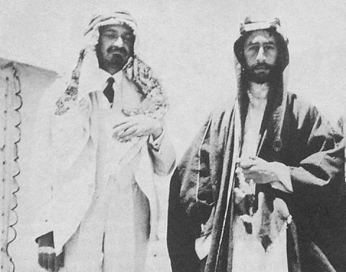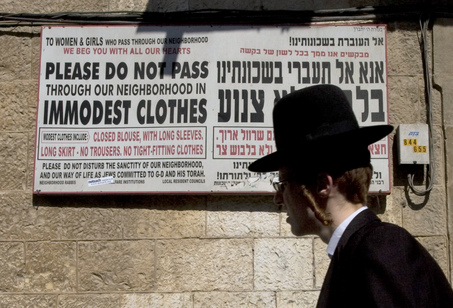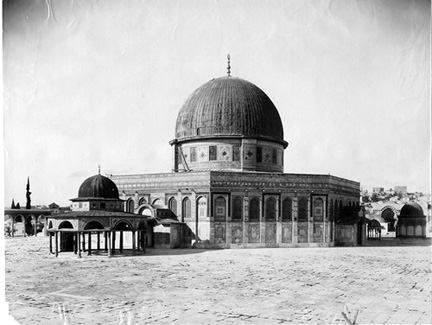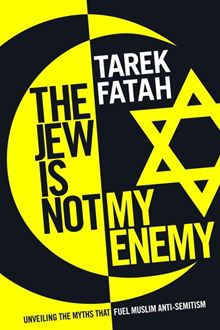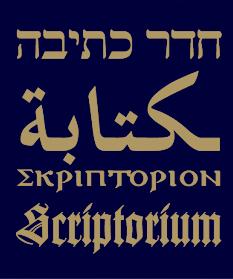 Children hold an Israeli flag in the Jewish settlement of Itamar on the West Bank; Photo by Rina Castelnuovo, The New York Times
Children hold an Israeli flag in the Jewish settlement of Itamar on the West Bank; Photo by Rina Castelnuovo, The New York Times
By Alan Wolfe, The Chronicle of Higher Education, March 25
In the past few years, a trickle of dissent with respect to Israel has turned into a running stream. Books, articles, and Web sites critical of Israel’s treatment of the Palestinians, its acquiescence in the messianic designs of its settlers, its foreign-policy decisions on Gaza, Iran, and much more, and the increasing influence of the ultra-Orthodox over the character of its domestic life have begun to appear in significant numbers in America. Some, but not all, of these efforts, moreover, come from writers unused to being in the critical camp. The question is rapidly becoming not whether one should find fault with Israel, but how.
Two quite contrasting points of view have emerged among the critics. One can be called liberal and the other leftist. Liberals accept Israel’s legitimacy, search for ways that it can respect the rights of its non-Jewish citizens, and believe that the only viable future for the country is a two-state solution, one primarily Jewish, the other primarily Palestinian. Leftists view Israel’s creation in 1948 as an outgrowth of European colonialism, insist that as a Jewish state its character is inevitably racist, and lean toward the eventual creation of one state containing both Jews and Arabs. Should Israel’s actions continue to provoke opposition around the world, the question of which of these approaches will attract the most followers will become increasingly important.
I have a personal interest in this topic because I now count myself among the critics. For decades, I managed to write about some of the more controversial issues dominating the world without writing about the Middle East. The reason was simple: I was too intellectually paralyzed to do so. As a child, I had displayed an Israeli flag and carried blue-and-white coin boxes whose proceeds would plant trees in the new state. That, however, was about it: Serious Hebrew lessons, Zionist summer camps, and trips to the Middle East were of little interest to either my secular parents or me. Yet for all my family’s tendencies toward assimilation, Israel’s legitimacy was never questioned. Jews had been the victims of the greatest monster in history. Supporting the new state was the least the world could do to make up for it. We were, as I recall, vaguely aware that Arabs already lived on the land Israel claimed, but their complaints, to the degree that we heard them at all, seemed trivial by comparison to what had happened to our people. Continue reading Israel’s Moral Peril

